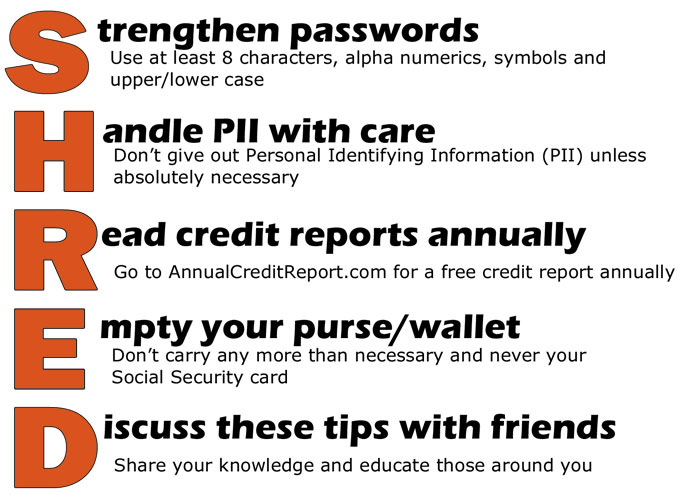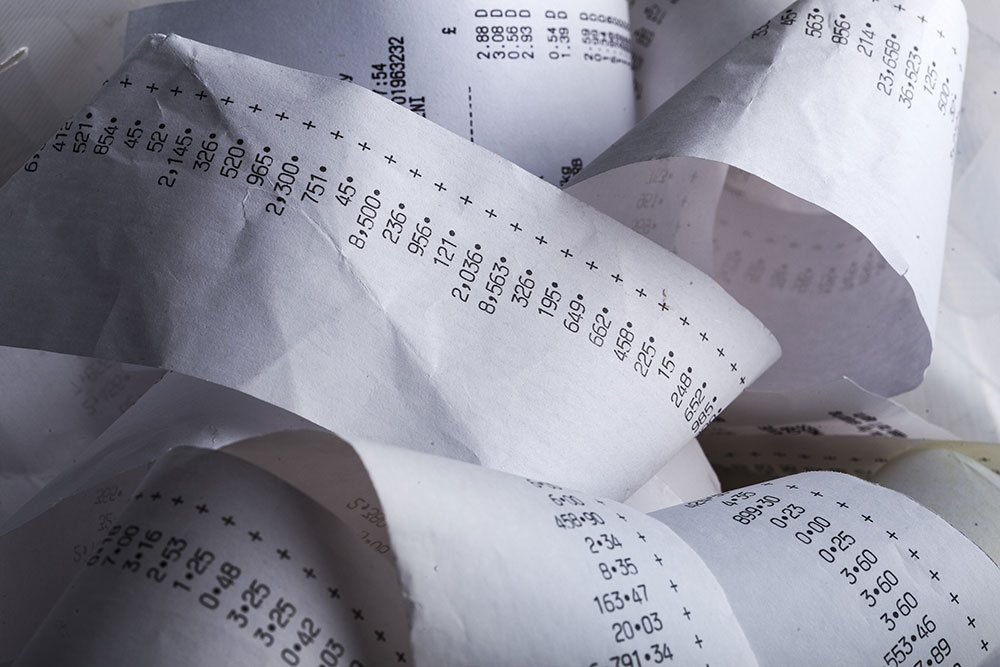Part III – Income Tax Scams
It is that time of year in most parts of the world, when we, somewhat reluctantly, declare to our respective governments what we earned for the previous year and what we should be able to deduct from that amount.
It is also the time of year that is particularly fruitful for those who would masquerade as those government agencies and attempt to obtain information from you that allows them to fraudulently construct and file tax returns in your name and then claim a large refund paid directly to them.
What follows is a brief review of some of the scams tried at this time of year. These may be redundant to you, but it may well be worth your while to review them again for your own benefit and perhaps pass them on to other of your friends and family for their protection.
In the area of electronic fraud, be advised that emails sent to people purporting to come from the IRS are a scam. There is usually an attachment to these emails that should not be opened and certainly not responded to. This scam is directly aimed at attempting to get people to divulge personal financial information.
One obvious giveaway is often that in most of these emails, the grammar and verbiage are filled with errors that our high school teachers would have awarded us a D for turning in. If the schemers are successful in obtaining the sought after information, this information can be used in a number of different ways to access your personal accounts, file false tax refund claims, etc.
REMEMBER! The IRS does not communicate or request personal financial information via email or by phone.
Any email or phone attempt to obtain your personal finance information, bank accounts, etc. is, in all likelihood, a scam.
Similar to this is the telephone scam. According to the IRS, there has been an uptick recently in telephone scams, many of which focus on specific communities. This scam generally involves callers representing themselves as being an IRS agent, usually giving a fake name and badge number. Some scammers even go as far as “spoofing” the toll-free IRS phone number so that when victims check their caller ID, it looks as if the call is legitimate.
Another, particularly attractive scam is the promise of “free money” This fraud is often targeted toward low-income individuals, the elderly and non-English speakers, and it occurs when con artists posing as tax preparers promise outsized tax refunds or they could be legitimate tax preparers with no morals. After providing inaccurate advice and “preparing” returns which they claim the will file for the victims, they charge a large fee. By the time the scam has been found out — usually by receipt of an IRS notice – of course the scammers are long gone.
Taking advantage of our desires to do good and help others, often following a natural disaster, scam artists represent themselves as being from a legitimate charity. The contact can come via telephone or email, with the promise that all donations are tax-deductible. Sometimes even disaster victims are contacted during these schemes, with the implication being that the scammers is working on behalf of the IRS to aid victims. Of course when you file your deduction for this, it is disallowed.
Of course these frauds do not include those that are undertaken by the filers themselves, so be aware that if you are tempted to file false deductions, the penalties can be severe. Please do not do so.
If you think that you are a victim the IRS has a reporting procedure at https://www.irs.gov/Individuals/How-Do-You-Report-Suspected-Tax-Fraud-Activity
For more information try http://www.dailyfinance.com/2014/02/24/tax-frauds-irs-dirty-dozen-2014/









